Top 5 Surprising Insights Hair DNA Test Can Reveal About You
Ever wonder why your hair behaves in the way that it does? Sudden hair loss, premature graying, or slow growth is just the beginning because every strand of hair has a story to tell. And that story holds many secrets that lie in your DNA. A hair DNA test looks beyond the surface-level analysis and digs deep into your genetic blueprint to unlock the mystery behind your hair health.
However, you might ask how does it work? Let’s explain. A rather simple DNA sample, usually your own saliva,is processed in a lab to analyze genetic factors with your hair at the center of the study. The revelations from this test would be eye-opening, helping to take control like never before. So, let’s read on to identify the top five surprising things this hair DNA test can reveal about you.
Understanding Your Genetic Risk for Hair Loss
Hair loss is not just a result of age or stress. A person’s genes play a vital role, too. A hair loss DNA test can identify individual genes that contribute to hair thinning or baldness. It helps you determine if you’re prone to pattern hair loss, whether it’s male-pattern or female-pattern baldness, how quickly your hair loss may progress, and the likelihood of thinning as you age. Understanding your genetic risk will allow you to take preventive measures early, such as opting for targeted treatments or making lifestyle adjustments to protect your hair health.
How Stress and Trauma Can Impact Hair Health?
Stress and trauma leave behind marks in the hair. Did you know that? DNA hair growth testing could show you exactly how your body responds to the stress hormone called cortisol, so how that cortisol really is going to impact the health of your hair.
Results may show evidence of:
- Hair loss or thinning as a result of too much cortisol.
- The sensitivity level of the hair follicle to damaged by stress.
- Stress management recommendations that could limit hair damage.
Understanding this relationship helps you to adopt better habits of stress control, which help improve your mood and hair, too.
Nutritional Deficiencies Linked to Hair Loss
Your diet can play a crucial role in ensuring healthy, luscious locks. Unexplained hair loss or slow growth can be detected through DNA testing, and the deficiency of key nutritional elements contributes to these issues.
Common deficiencies that affect hair health:
- Biotin, Vitamin D, or Iron levels are low.
- Lack of Omega-3 fatty acids, which is essential for having strong and shiny hair.
- Inability to digest nutrients due to genetic reasons.
Once you know the problem, you can make dietary changes or take supplements tailored to your specific needs.
Identifying Your Genetic Predisposition to Premature Graying
Are you spotting gray strands earlier than expected? Blame it on your genes! A genetic hair health test can look deep into your DNA and find out why some people get gray hair as early as in their 20s while others keep their hair color well up to the age of 40 or beyond. Genetics is generally more important than lifestyle factors, but there can be some outside influences, too. And a test might show these few results:
- If your DNA carries a tendency to premature graying, you will know whether the silver streaks in your hair are due to genetic reasons or external factors.
- How sun exposure, pollution, or smoking can accelerate the process of graying by weakening your hair’s melanin production.
- Practical tips on how to slow down or manage premature graying through specific care routines, lifestyle changes, or the right products for your genetic profile.
This gives you the power to take proactive measures to maintain a youthful look with your hair. From adjusting the haircare routine to selecting products that protect and nourish your hair, personalized haircare guidance is all you need to hold on to the locks or step into them willingly.
Personalized Haircare Recommendations Based on Your DNA
Every person’s hair is different, so why should a haircare routine be one-size-fits-all? A DNA-tested haircare solution removes the guesswork from selecting the right products and practices for your hair’s specific needs. Analyzing your genetic makeup, this approach provides tailored recommendations to address your hair’s strengths and vulnerabilities.
You will find the best shampoo and conditioner for your hair type, how often you should be washing and treating your hair, as well as which chemicals to steer clear of so as not to irritate or damage it. All this will empower you to create a hair-care regimen that is in harmony with your natural genetics, resulting in healthier, stronger, and more vibrant hair with less effort.

Conclusion
A hair DNA test will be your ultimate solution if you’re ready to unlock the secrets of your hair and take control of its health. It gives you a comprehensive look at your genetic predispositions and, therefore, you can know what really causes your hair loss, graying too soon, or even thinning. With tailored insights into your unique genetic makeup, you can now craft a haircare routine tailored to your needs.
Don’t let your hair health become a matter of luck. Take the first step to owning stronger, healthier, and more vibrant hair by giving the GeneHabit DNA Test Kit for Hair Loss Solution a try today. Empower yourself with the knowledge to make informed decisions and provide your hair with the kind of care they deserve!
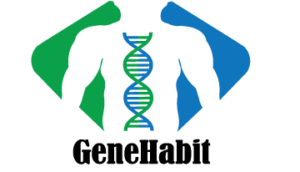
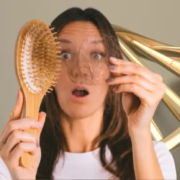
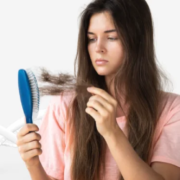
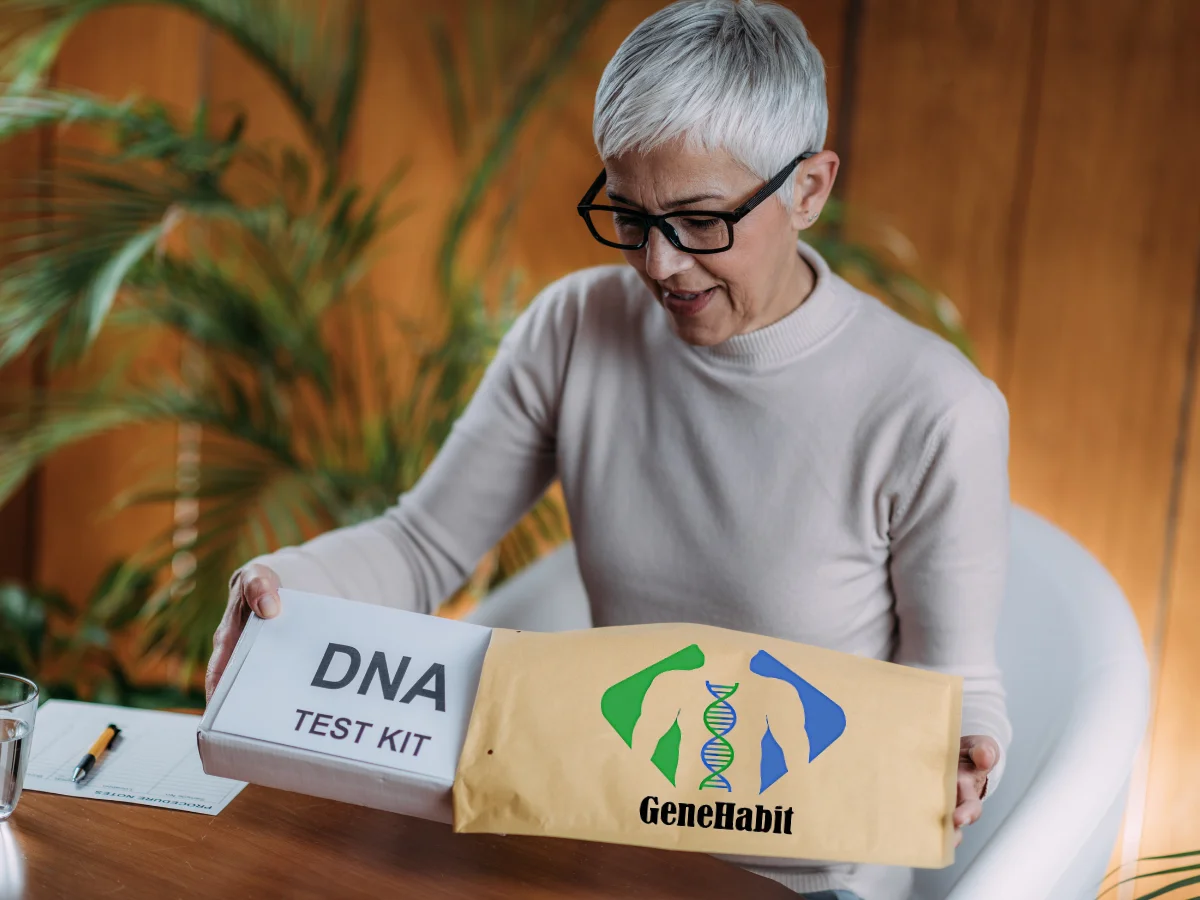
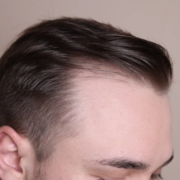
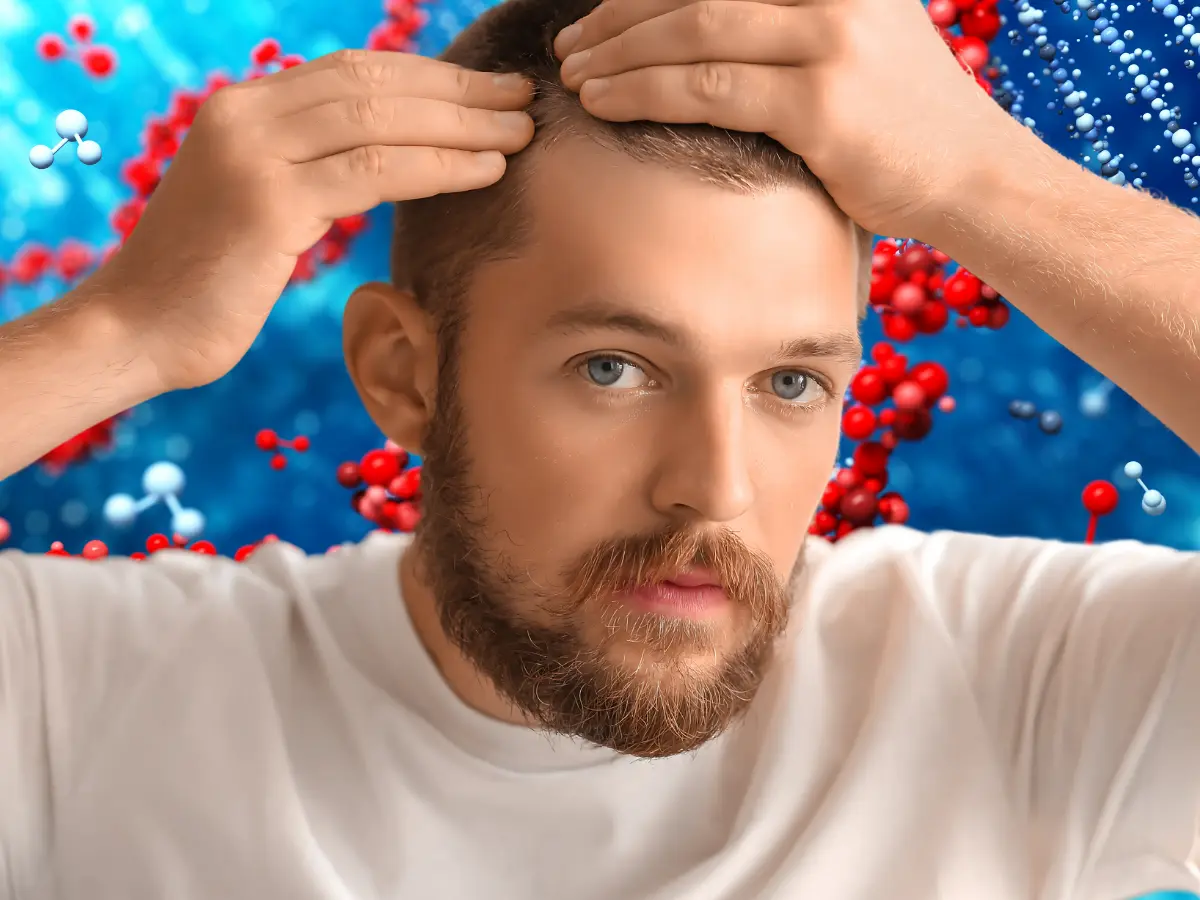

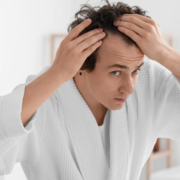
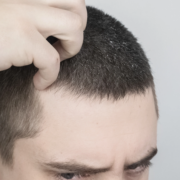
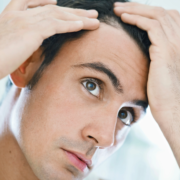

 Zinc is a nutrient that is essential for human health. It has a variety of roles in the body, including helping to form DNA and proteins and aiding in cell division. Zinc is also important for hair health. A zinc deficiency can lead to hair loss and other disorders. Luckily, zinc can be found in a variety of foods, so it is relatively easy to ensure you are getting enough of this nutrient. Additionally, genes may play a role in how well you absorb zinc from food. A DNA test can help to identify any genetic variants that may affect zinc absorption and
Zinc is a nutrient that is essential for human health. It has a variety of roles in the body, including helping to form DNA and proteins and aiding in cell division. Zinc is also important for hair health. A zinc deficiency can lead to hair loss and other disorders. Luckily, zinc can be found in a variety of foods, so it is relatively easy to ensure you are getting enough of this nutrient. Additionally, genes may play a role in how well you absorb zinc from food. A DNA test can help to identify any genetic variants that may affect zinc absorption and 


 Selenium is a nutrient that’s needed for many important processes in the body, including metabolism and thyroid function. It can only be obtained through diet so it doesn’t have any negative health effects when taken at proper doses. Selenium is an important mineral that functions in the body to help protect against damage from free radicals and infections. Selenoproteins function as enzymes; proteins that are involved with DNA repair as well reproduction. Selenium is an important mineral for hair growth, and people have known this for years. It’s just that its role in the process was underestimated until recent studies came out confirming what we already knew: selenium helps with both the strength as well as thickness of your locks!
Selenium is a nutrient that’s needed for many important processes in the body, including metabolism and thyroid function. It can only be obtained through diet so it doesn’t have any negative health effects when taken at proper doses. Selenium is an important mineral that functions in the body to help protect against damage from free radicals and infections. Selenoproteins function as enzymes; proteins that are involved with DNA repair as well reproduction. Selenium is an important mineral for hair growth, and people have known this for years. It’s just that its role in the process was underestimated until recent studies came out confirming what we already knew: selenium helps with both the strength as well as thickness of your locks!
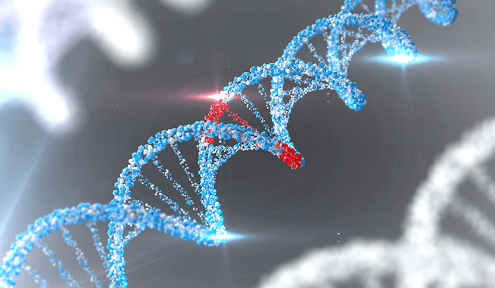

 Iron is an essential mineral for human health, playing a role in many different bodily functions. One of the most well-known roles of iron is its importance in the formation of red blood cells. However, iron also plays a critical role in hair health. Iron is essential for life. It’s used in many processes including oxygen transport and production of hormones, but most importantly it helps your body grow! Iron is a vital mineral for the health and beauty of your hair, but it often gets neglected. If you’re losing hairs then get checked to see if there’s an issue with iron levels in that area!
Iron is an essential mineral for human health, playing a role in many different bodily functions. One of the most well-known roles of iron is its importance in the formation of red blood cells. However, iron also plays a critical role in hair health. Iron is essential for life. It’s used in many processes including oxygen transport and production of hormones, but most importantly it helps your body grow! Iron is a vital mineral for the health and beauty of your hair, but it often gets neglected. If you’re losing hairs then get checked to see if there’s an issue with iron levels in that area!



